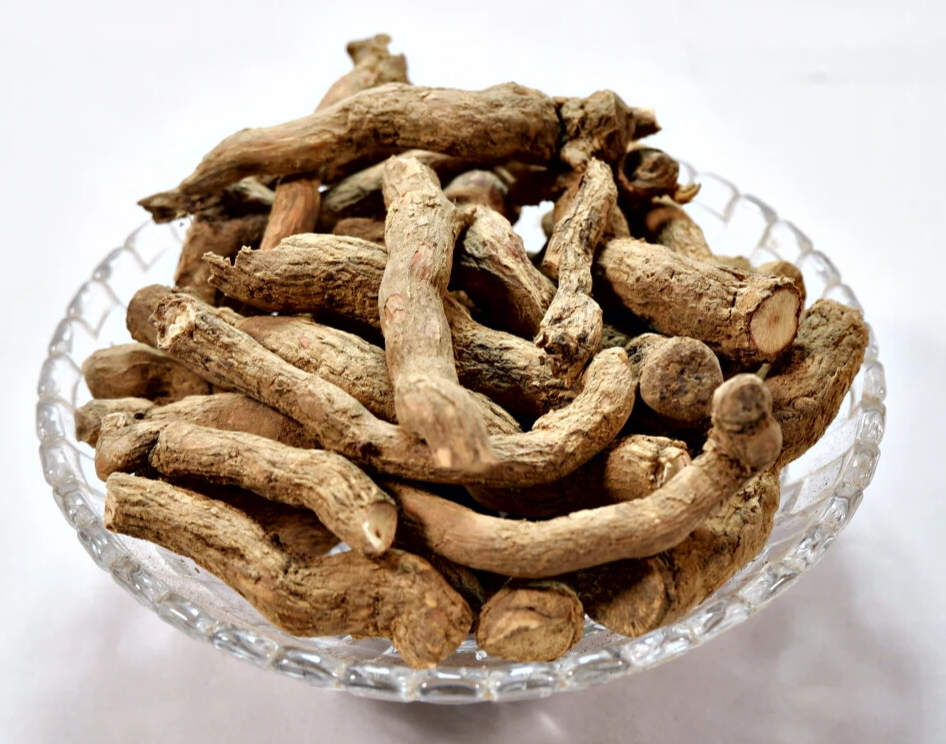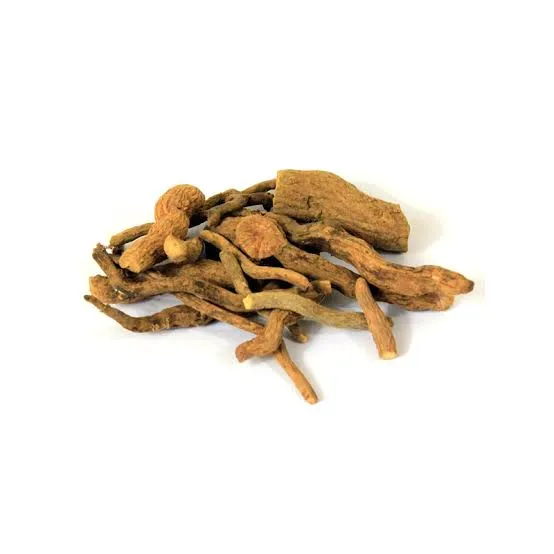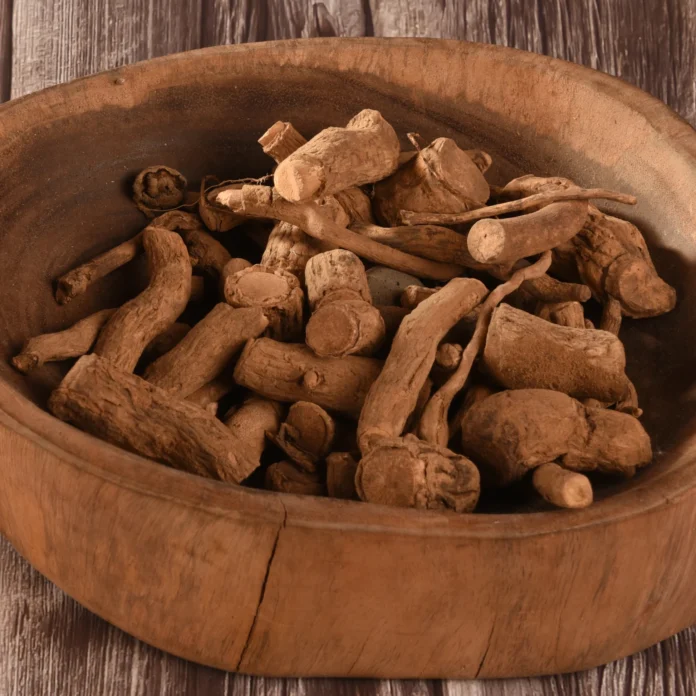INTRODUCTION:
Snake Root, locally known as Asrol, is a medicinal plant scientifically called Rauvolfia serpentina. Native to the Indian subcontinent, it has been used for centuries in traditional systems like Ayurveda and Unani. The plant is especially valued for its roots, which contain powerful alkaloids like reserpine, known for treating high blood pressure, anxiety, and insomnia. In folk medicine, it was also used for treating snake bites, which is how it earned its common name. Snake Root is a small, woody shrub that grows in tropical and subtropical regions. Due to overharvesting, it is now considered endangered in many areas, highlighting the need for conservation and sustainable use.

English: Snake Root
Hindi: Asrol, Sarpagandha
Urdu: اسرول، سَڑپگَندھا
Sanskrit: Sarpagandha
Punjabi: Asrol
Gujarati: Sarpagandha
Marathi: Adkuri
Tamil: Sarpagandhi
Telugu: Patalagandhi
Kannada: Sarpagandhi
Malayalam: Churannavilpori
Bengali: Sarpagandha
HEALTH BENEFITS:

Helps manage blood pressure:
Asrol contains alkaloids, such as reserpine, that can lower blood pressure. Reserpine depletes neurotransmitters, which in turn reduces the activity of the sympathetic nervous system and causes blood vessels to relax.
Reduces stress and anxiety:
The sedative properties of Asrol can help calm the mind and manage nervousness.
Promotes sleep:
Its sedative effects may also help with insomnia and improve sleep quality.
Supports heart health:
Compounds in the roots are believed to improve circulation and help regulate heart rhythm.
Used in Unani medicine:
The Unani system of medicine has long used Asrol to treat hypertension, insomnia, palpitations, and certain mental disorders.
Offers adaptogenic properties:
Asrol is sometimes considered an adaptogen, which may help the body adapt to stress and maintain balance.
Aids digestion:
Some traditional uses include improving overall digestive health and acting as a mild laxative.
Insomnia Management:
Due to its sedative effects, Sarphagandha has been used to help manage insomnia and improve sleep quality.
Traditional Uses in Ayurveda:
Sarphagandha has a history of use in Ayurvedic medicine for various conditions, including mental disorders, snakebites (as an antidote), and as a diuretic.
Potential Antiarrhythmic Properties:
Some research suggests that Sarphagandha may have antiarrhythmic effects, meaning it could help regulate abnormal heart rhythms.
SIDE EFFECTS:

Low blood pressure and slow heart rate:
High doses can cause a dangerous drop in blood pressure (hypotension) and a slower-than-normal heart rate (bradycardia).
Can cause depression:
Long-term use of the reserpine found in Asrol can cause depression.
Gastrointestinal issues:
Taking Asrol can cause an upset stomach, nausea, vomiting, or stomach cramping.
Interactions with other drugs:
Asrol can interact with other medications, including those for high blood pressure, depression, and Parkinson’s disease. This can cause severe complications.
Weakened immune system:
Some products derived from Asrol, like the Asrol 4mg Tablet, may suppress the immune system, increasing the risk of infection.
HOW TO USE:

1. For High Blood Pressure (Hypertension)
Form: Powder or decoction (boiled root water)
How to Use:
Take 250 mg to 500 mg of root powder with warm water, once or twice daily.
Or prepare a decoction by boiling small root pieces in water and drinking 10–20 ml.
Supervision: Always use under a doctor’s guidance due to its strong effects on blood pressure.
2. For Anxiety, Insomnia, and Mental Calmness
Form: Powder or tablet (in Ayurveda: Sarpagandha Vati)
How to Use:
1 tablet (or 250 mg root powder) at night with water or milk helps induce sleep and reduce anxiety.
Note: Should be avoided in people with low blood pressure or depression.
3. For Snake or Insect Bites (Traditional/Folk Use)
Form: Root paste or decoction
How to Use:
A paste was traditionally applied on the bite area.
A small quantity of decoction was given internally.
Warning: Not a substitute for antivenom or modern emergency care.
4. For Digestive Issues (like dysentery)
Form: Decoction
How to Use:
10–15 ml of root decoction, twice daily.
Benefit: Helps reduce intestinal spasms.
Who Should Avoid It:
Pregnant or breastfeeding women
Children (without medical advice)
People with low blood pressure
People with depression or Parkinson’s disease




